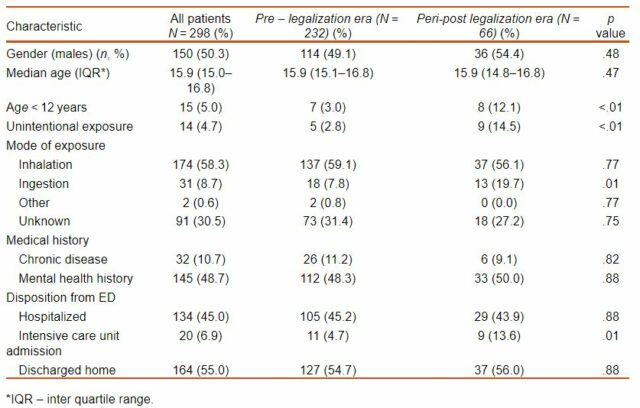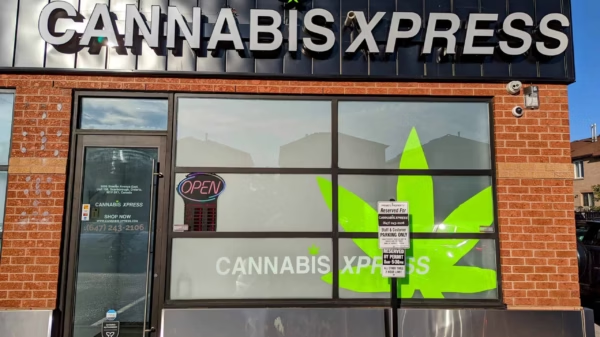A recent study linking cannabis legalization in Canada to higher rates of severe hospitalizations in children has significant flaws and makes inaccurate conclusions, industry insiders say.
The research, published in the journal Clinical Toxicology, concluded that recreational legalization is linked to more than three times the rate of intensive care unit (ICU) visits by minors, compared to before the legislation.
But that study is misleading, according to Stephanie Lunn, director of medical affairs of Aurora Cannabis Inc. (TSX: ACB) (Nasdaq: ACB), and Cannabis Council of Canada CEO George Smitherman, who co-wrote a letter to the editor.
The letter, published in the same journal last Thursday, argues the post-legalization timeframe used in the analysis is wrong, and the researchers didn’t distinguish between regulated and unregulated cannabis products.
“Thus, framing the rise in pediatric ICU admissions solely because of adult-use cannabis legalization is incorrect,” reads the letter.
Read more: Teen cannabis use not associated with decline in cognitive skills, research shows
Read more: Heavy drinking, not pot smoking, associated with thinner pre-frontal cortex: study
The study looked at ICU admissions at Toronto’s Hospital for Sick Children, for patients under 18 with acute cannabis intoxication.
Data was gathered via electronic medical charts and showed that pre-legalization, ICU visits of underage persons due to cannabis intoxication accounted for 4.7 per cent of visits while the peri-post legalization period showed 13.6 per cent.
Data showed 4.7 per cent of total ICU visits for youth were for weed intoxication, increasing to 13.6 in what they called the “peri” post-legalization, meaning around that time.
The pre-legalization period was defined as Jan. 1 2008–April 12, 2017, while the “peri” post-legalization period was defined as Apr. 13, 2017–Dec. 31, 2019.
The study also found that edible cannabis is a powerful predictor of ICU admissions, and its ingestion was more common after legalization.
Lunn and Smitherman criticize the timeframes used, arguing Canada didn’t legalized the use of cannabis flower and certain oils until October 2018. Edibles and concentrates came even later, after being allowed exactly a year later.
Therefore, consumers could only access illegal forms of cannabis for much of the 18-month post-legalization period, explains the letter.

Chart via “Pediatric cannabis intoxication trends in the pre and post-legalization era”
The study says the “peri” post-legalization period included a greater proportion of unintentional intoxications, but the most common age of admission was around 16 and was due to smoking.
“Thus, the study is seemingly suggesting that these teenagers accidentally smoked cannabis,” reads the letter, explaining this argument adds significant confusion, as unintentionally consuming cannabis is very different than unintentionally consuming too much and experiencing more intoxication than intended.
The study reported that 45 per cent of these pediatric patients had co-ingested other substances with cannabis, but the authors didn’t consider how the co-ingestion of multiple substances affected their study outcomes.
“As a group, Canada’s regulated cannabis industry believes that good science is central to the public policy objectives of legalization and the success of our businesses,” reads the critical letter.
Follow Natalia Buendia Calvillo on Twitter
natalia@mugglehead.com














